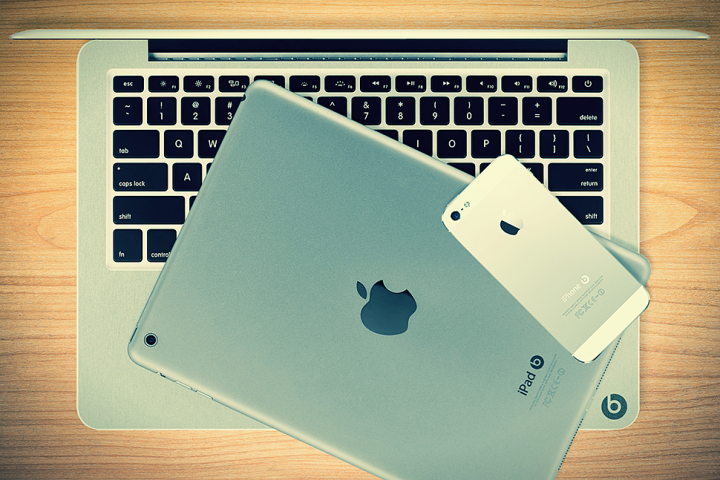
The smuggling of Apple devices is nothing new, as entrepreneurial smugglers attempt to bring the popular products to markets that do not yet carry the hit gadgets. Of the millions of dollars in Apple products that are smuggled in and out of countries each year, some carriers are lucky, and some are not. This week, a smuggling group stopped at the Argentine border was included in the unlucky bunch.
The smugglers, who were detained at the main international airport in Buenos Aires, were transporting the contraband for a company in Argentina that imports Apple products from California. The total weight of the devices being smuggled in the foiled plot reached 1,700 kilograms according to El Economista. In addition to all the Apple products, the smugglers also carried more than 400 digital cameras from Nikon and Canon, along with 4,600 “memory for laptops.” It’s unclear if this means drives or RAM.
All these gadgets amounted to around $800,000, a valuation that is likely an estimate based on MSRP and not the total inflated value within Argentinas borders. That number likely scales into the millions of dollars. Argentina doesn’t have Apple stores, so access to its devices is limited in the country, which in turn, inflates the price of iPhones, iPads, MacBooks, and so on.
The publication states that an iPad in Argentina goes for almost $1,500 compared to the $500 it costs in the United States. Additionally, it appears the $1,000 model of the MacBook Air retails for almost $2,800 in Argentina.
The financial motivation for such operations is enormous, with some devices, especially new iPhones, selling for more than 10 times their retail value. Apple currently operates retail stores in 16 countries, which limits access to Apple products for much of the world. In some cases, illicit business transitions from the subtle to the overt in countries such as China, where rip-off Apple stores were common before Apple opened shop.



